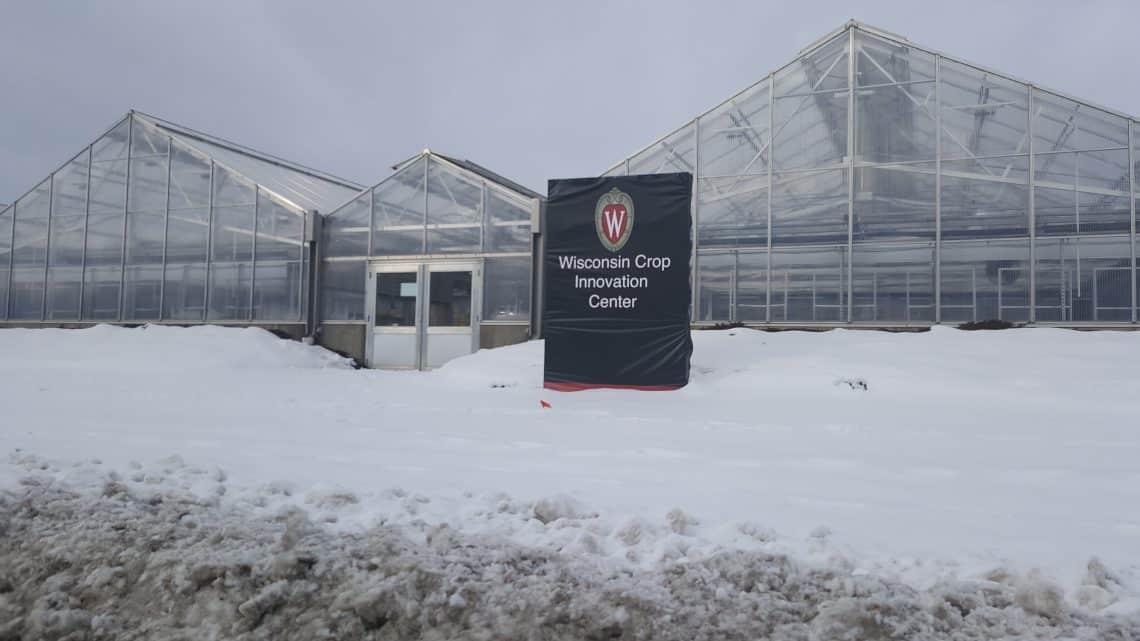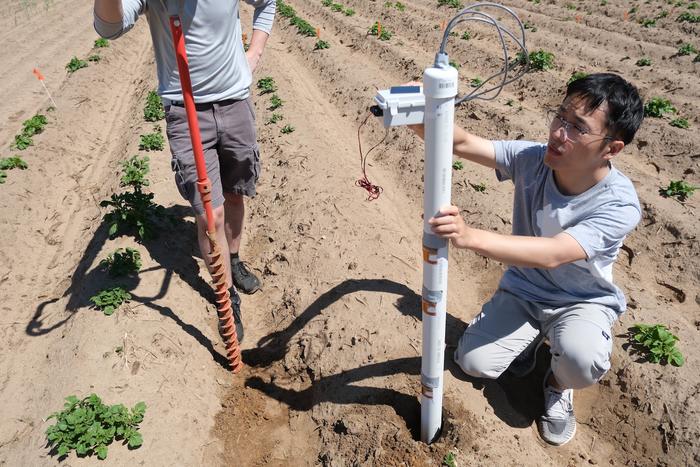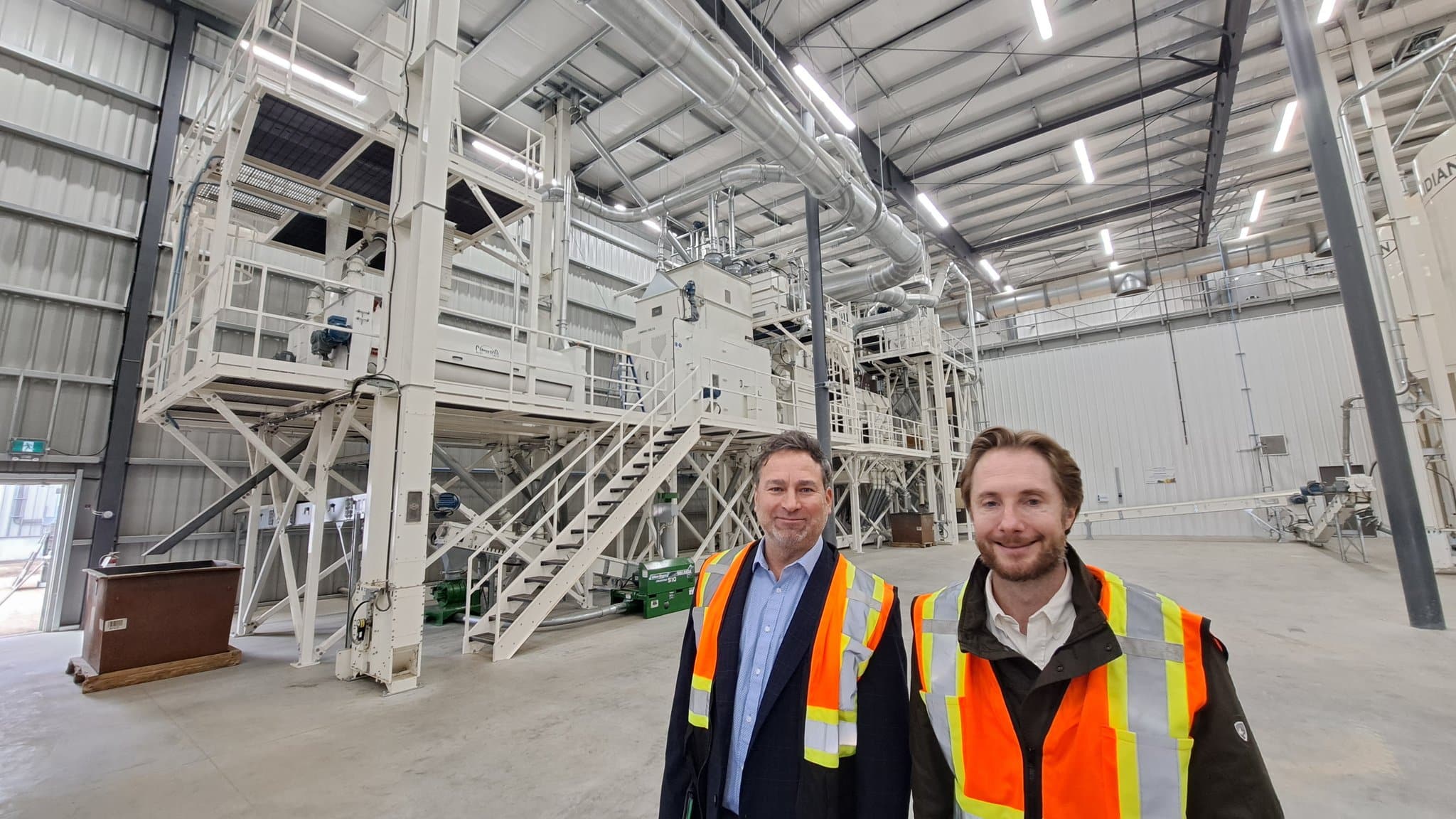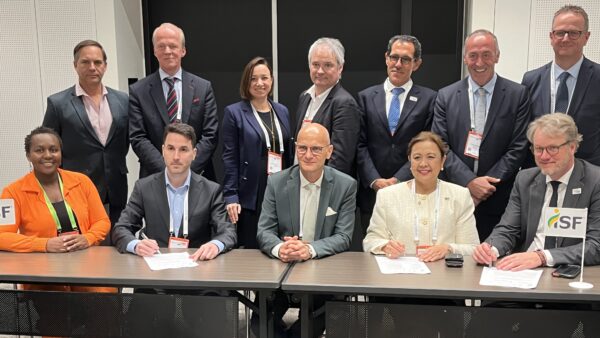Monsanto has donated a $10 million biotechnology research facility in Middleton, Wisconsin, to the University of Wisconsin, Madison, College of Agriculture. The facility, originally opened in 1982, features 20 greenhouses, 15,000 square feet of controlled environments, and 50,000 square feet of high-quality laboratory space on 4.5 acres. The state-of the-art facility was where researchers took the first critical steps in the development of plant biotechnology, and will now serve as the hub of the new Wisconsin Crop Innovation Center (WCIC).
“This gift will enable us to create a plant biotechnology facility unparalleled in the public sector,” says Kate VandenBosch, dean of the UW-Madison College of Agricultural and Life Sciences. “We can now leverage the diverse strengths of UW-Madison’s plant science community, allowing us to more deeply explore plant gene function and to collaborate with partners around the world to improve crop traits.”
The WCIC will be used by university researchers in the plant sciences, including agronomy, biochemistry and botany, among others. The facility will focus on the development and improvement of commercially-important plant stocks and methodologies, including corn, sorghum, soybean, oats, barley and wheat.
“The University of Wisconsin has a long and distinguished history as a hub of innovative plant science research and advancing agriculture,” adds Tom Adams, vice president and biotechnology lead for Monsanto. “We at Monsanto are extremely pleased that our donation will contribute to this mission and further accelerate scientific advancements, ultimately resulting in more solutions for farmers across the world.”













